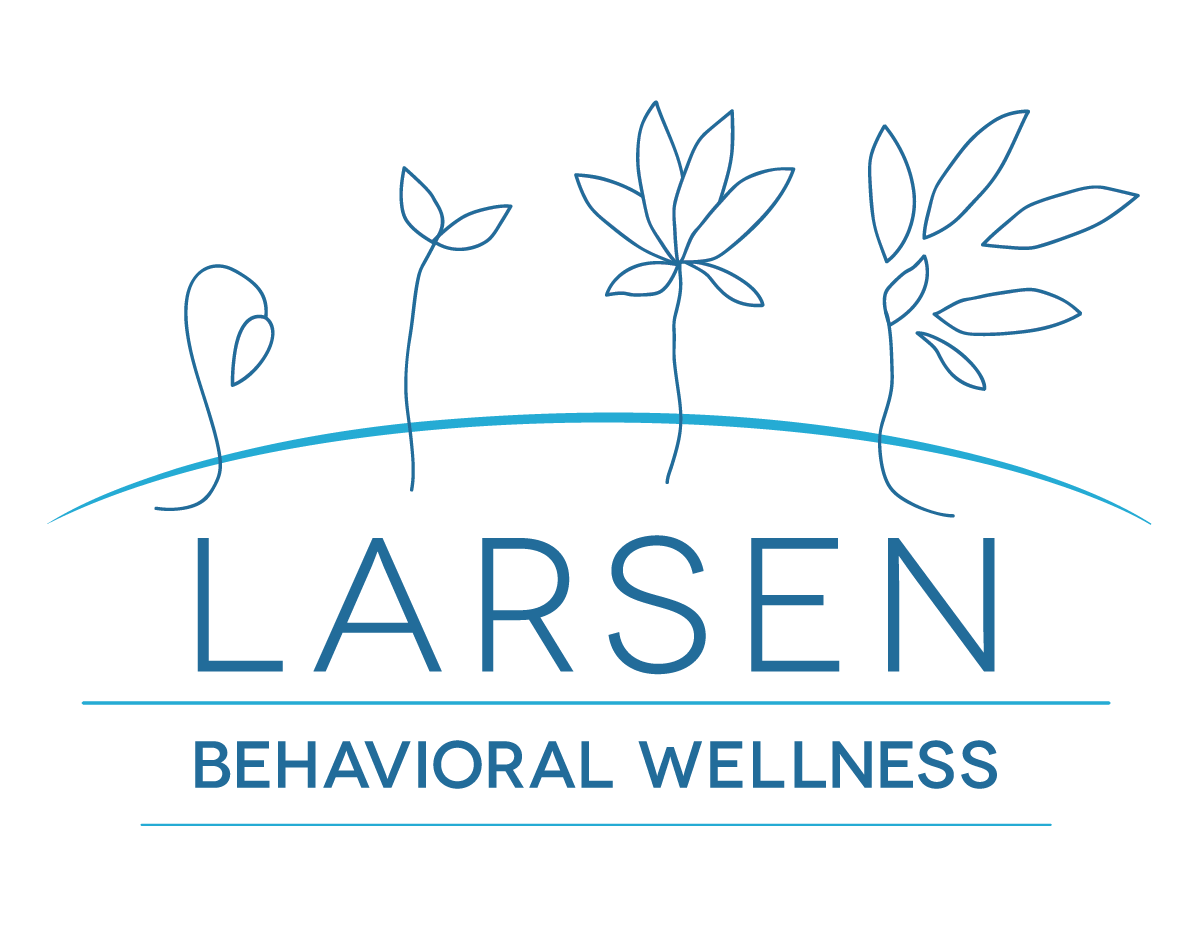Signs Your Teen Might Be Suffering With an Eating Disorder
If you're worried your teen may be grappling with an eating disorder, you're not alone. Many parents face this fear, and it's important to know the warning signs. Look for drastic weight changes, emotional shifts, and unusual behavior around food. Could social media and peer pressure be exacerbating their body image concerns? Let's explore this sensitive topic further, giving you the tools to approach your teen and seek the help they may need.
Understanding Eating Disorders in Teenagers
While it's perfectly normal for teenagers to worry about their appearance, it's important to recognize when this concern crosses the line into an eating disorder.
Understanding these disorders is vital, especially since they often coexist with other mental health issues like depression.
Therapy for eating disorders can be a turning point. It offers a safe space for your teen to explore their fears, anxieties, and insecurities.
Therapists employ various techniques, from cognitive-behavioral to family-based therapy, to help them develop a healthier relationship with food and body image.
Recognizing Physical Changes Indicative of Eating Disorders
Spotting physical changes in your teenager can be a clear sign of an eating disorder. It's important to remember, though, that these changes can be subtle and easily dismissed as typical teenage growth or fluctuations.
Look for significant weight loss or gain, as either can indicate a problem. Rapid weight loss can be a sign of anorexia, while weight gain might suggest binge-eating disorder. A person doesn’t have to be underweight to have an eating disorder. Unfortunately, people often wait until a person is significantly underweight to intervene even though there were signs for a long period.
Also pay attention to your teen's energy levels. If they're constantly fatigued or struggling to focus, it could be due to malnutrition from restrictive eating.
Additionally, note any changes in their skin, hair, or nails. Dry skin, hair loss, or brittle nails are common in individuals with eating disorders.
Dental issues can also occur, such as tooth decay or discoloration due to frequent vomiting.
Your keen observation and understanding can help identify these physical signs early, potentially leading to timely intervention and support for your teen.
Spotting Emotional and Behavioral Red Flags
Although it's often challenging, being aware of emotional and behavioral changes in your teen can be just as crucial as noticing physical ones.
Your child may become increasingly secretive or defensive about their eating habits, showing signs of anxiety or guilt around meal times. They may start avoiding social situations involving food, or exhibit mood swings and irritability more frequently.
It's also common for teens with eating disorders to develop an unhealthy preoccupation with body size, weight, and food.
They may frequently check their appearance in the mirror, or make negative comments about their body.
The Role of Social Media and Peer Pressure in Eating Disorders
In the digital age, social media and peer pressure play significant roles in the development and perpetuation of eating disorders among teens. Platforms like Instagram, Snapchat, and TikTok are filled with images promoting unrealistic body ideals, intensifying your teen's desire to conform.
Peers too, knowingly or unknowingly, exert pressure. This can manifest as harmless-seeming diet challenges or harmful body-shaming comments.
It's important to understand that these influences can deeply affect your teen's self-perception and eating habits.
How to Approach Your Teen and Seek Professional Help
Recognizing these external influences, you may be wondering how best to approach your teen about possible eating disorder symptoms and when to seek professional help.
It's important to approach the situation with sensitivity and patience. Remember, this is a tough time for your teen, and they may be feeling scared and alone.
Start a conversation in a non-confrontational manner, focusing on your concern for their well-being rather than on their eating behaviors. Use 'I' statements to express worry, such as "I've noticed you're not eating as much, and it's making me concerned."
Don't hesitate to seek professional help. Therapists, nutritionists, and physicians with expertise in eating disorders can provide the necessary support and treatment.
Early intervention can significantly improve recovery outcomes. You're not alone in this. Reach out to local support groups and resources. Larsen Behavioral Wellness has an eating disorder specialist on staff who can help guide you towards recovery.
Your vigilance and love are crucial in helping your teen navigate this challenging time.
Conclusion
Identifying an eating disorder in your teen isn't easy, but you're not alone. Watch for physical changes, emotional shifts, and unusual behavior around food. Remember, social media and peer pressure can play big roles too. If you're worried, it's important to approach your teen gently and seek professional help. Early intervention can make all the difference. Your understanding and support are vital in their journey towards recovery. Therapy can help. Contact us today to schedule an appointment in our Hoboken or Mendham offices.

